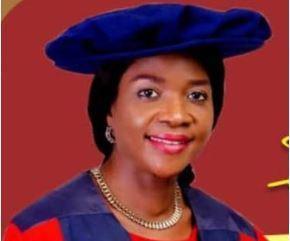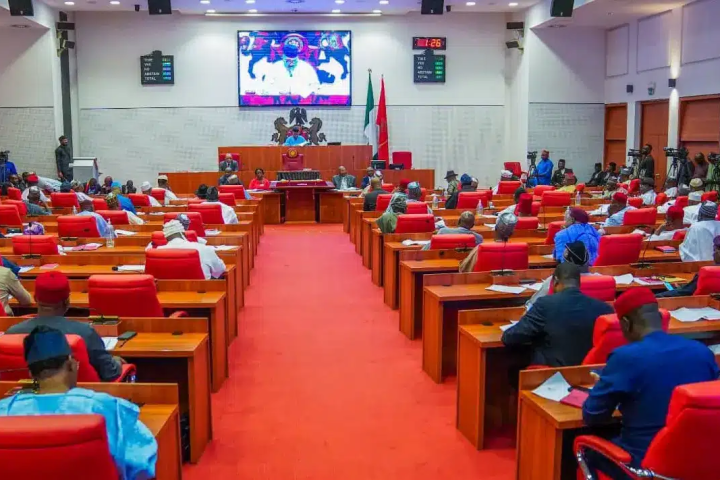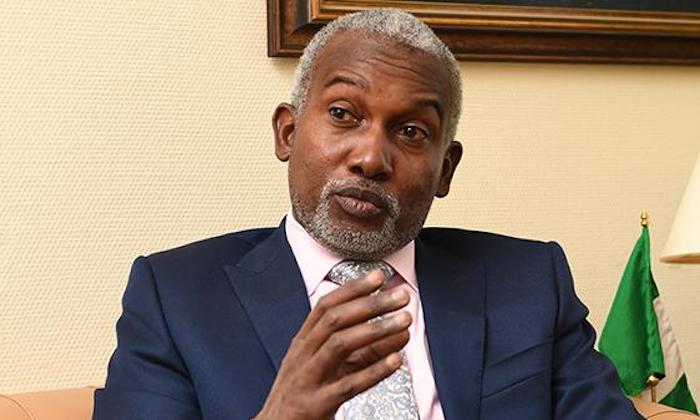Renowned orthodontists, Prof Ifeoma Utomi, has called on the Nigerian Government to increase funding for training of dentists in Nigeria because of high cost of equipment and grooming of specialists in dental care in the country.
Prof Utomi made the call while presenting the 367th inaugural lecture of the University of Lagos (UNILAG), on Wednesday, December 8, 2021.
Join our WhatsApp ChannelShe is a professor of Orthodontics/Consultant Orthodontist, Department of Dental Health, Faculty of Dentistry, at the College of Medicine, UNI LAG.
Spekaing on the topic, “Beauty, Braces and Being: Restoring the smile, transforming the life”, Utomi stressed the need for creation of more awareness programmes about dental healthcare including early detection of malocclusion (misalignment of the teeth) for early treatment . This said, would “reduce the demand for comprehensive orthodontic treatment later especially as there is no commensurate increase in specialist orthodontic manpower.”
“The National Health Insurance policy as presently operated is not providing the expected deliverables. There is a need for appropriate policies and legislation for the provision of subsidised care/treatment for those with very severe/handicapping malocclusion, especially those in the lower socio-economic group and those with special needs,” Utomi stated.
READ ALSO: Prof Ifeoma Utomi To Deliver UNILAG Inaugural Lecture
Being one of the 70 orthodontists in Nigeria, Utomi, who is a specialist in child dental health, shared vignettes from her 21 years career as an academic and orthodontist.
She said that expert dental care helps to “restore the smiles and transform the lives” of patients.
“As an Orthodontist, I have seen a lot of children, adolescents and adults who were dissatisfied with the arrangement of their teeth, jaws and overall facial appearance (beauty). This dissatisfaction with their beauty negatively impacted their well-being and quality of life. It has caused some to be depressed, experience teasing and bullying and have difficulty socialising with others. This tends to wipe the smile off their faces.”
The dental expert and academic explained that, “using orthodontic appliances (braces), the orthodontist restores their smile, beauty, and well-being, transforming their lives into the whole fulfilled essence of existence.”
Prof Utomi noted that Nigerians cared so much about the effect of malocclusion on their appearance that most patients who reported for dental care were on self-referral.
A Dental Aesthetic Index Study at the Lagos University Teaching Hospital showed that only 28 per cent of patients had “severe handicapping malocclusion with treatment considered mandatory”. In comparison, a further 23.3 per cent presented treatment needs the experts considered “elective”.
Children and adolescents form the majority of patients (37.5%) seeking orthodontic care at LUTH. “Females presented significantly more frequency than males”, she added.
The professor identified seven general factors and 11 local ones that cause malocclusion. The general factors according to her include heredity, congenital, environmental, metabolic diseases, dietary problem, posture, and trauma.
The local factors she said, are supernumerary teeth, teeth of abnormal form, missing teeth and premature loss of primary teeth. Others are prolonged retention of primary teeth, habits, abnormal labial fraenum, and delayed eruption of permanent teeth, impaction, transposition and improper dental restorations.
Utomi is a Fellow of the West African College of Surgeons, a member of the Nigerian Association of Orthodontists, the World Federation of Orthodontists, and the American Association of Orthodontists.
She affirmed that, “Social psychology has confirmed the importance of facial and dental attractiveness to the socialisation process, and they represent important aspects of the quality of life for patients seeking orthodontic treatment. Most orthodontic patients are children and adolescents, and it has been shown that children with malocclusion are subjected to teasing and are more likely to be victims of bullying.”
“Persons with bad teeth formation suffer low self-esteem and discrimination, the classroom to the workplace. “In this highly competitive contemporary world, I believe most people would like to look more attractive by restoring their smiles and transforming their lives,” added.















Follow Us